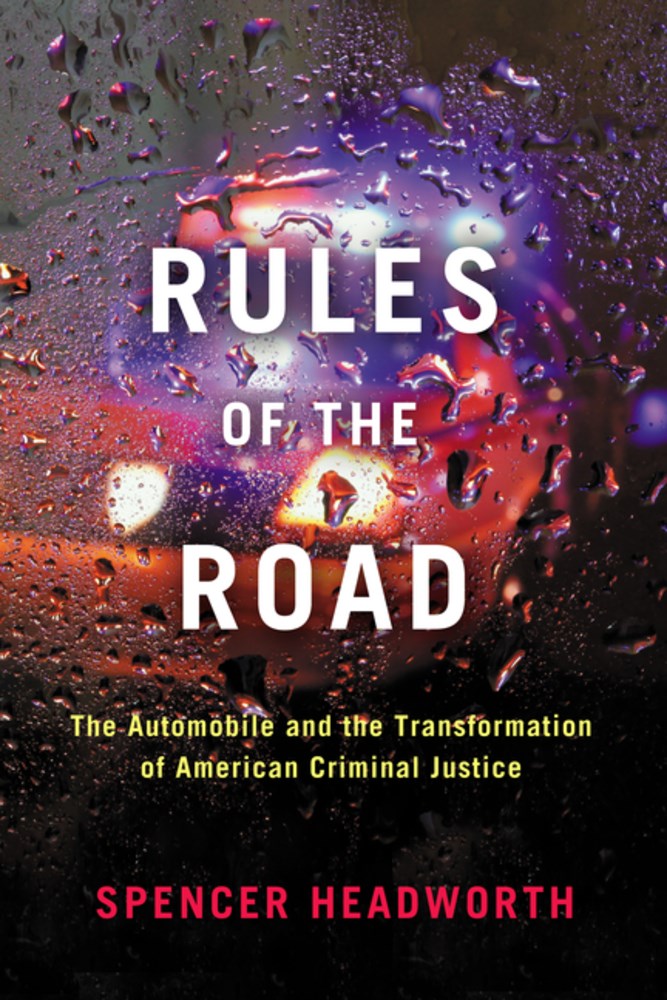2018 School Spending Survey Report
Rules of the Road: The Automobile and the Transformation of American Criminal Justice
COPY ISBN
VERDICT Drawing on a wide array of secondary literature, the book’s provocative discussion of the automobile’s pervasive and profound impacts on the United States will likely appeal to readers interested in any of the interconnected issues of crime and punishment, individual independence, equality of opportunity, mobility, public health and spaces, the environment, and social justice.
RELATED
ALREADY A SUBSCRIBER? LOG IN
We are currently offering this content for free. Sign up now to activate your personal profile, where you can save articles for future viewing




Comment Policy:
Comment should not be empty !!!